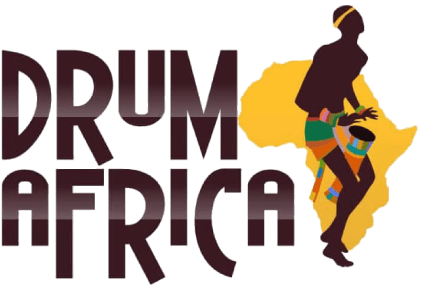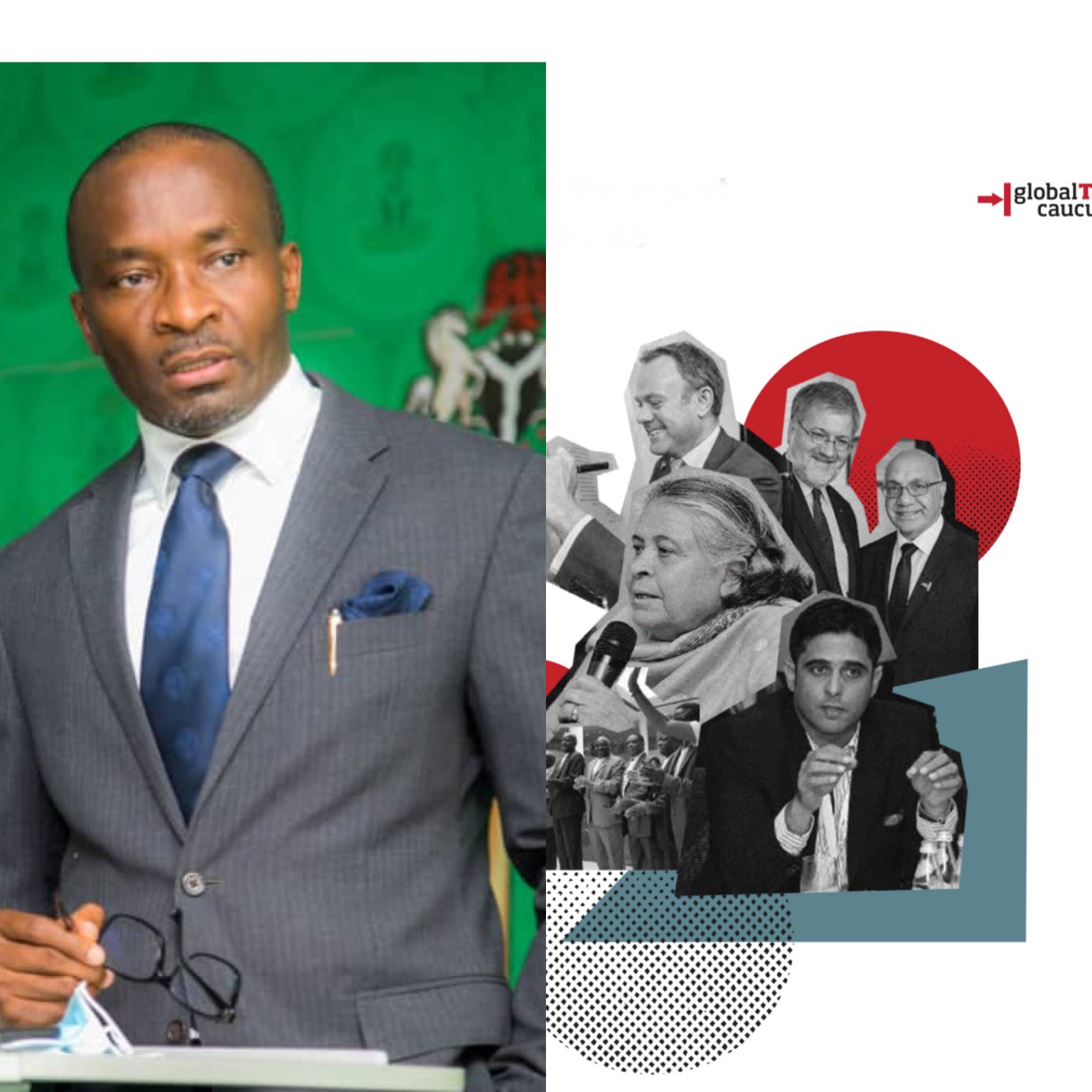The member representing Bende Federal Constituency and the Spokesperson of the House of Representatives, Rep. Benjamin Kalu joined other global leaders at the official pre-meeting of the Stop TB Partnership Board Event organized by the Global TB Caucus held virtually on September 23rd, 2021.
The event was a call for stakeholders to reflect on the journey towards achieving the United Nations High Level Meeting (HLM) on Tuberculosis targets, in order to align their actions with the current realities most especially with the COVID-19 pandemic. In furtherance, of the meeting held in 2018, with world leaders, international Organizations, civil society and affected communities were part of the first ever High Level Meeting on Tuberculosis (HLM on TB), at the United Nations General Assembly.
In October 2020, the United Nations Secretary-General (UNSG) released a report prepared by the World Health Organization (WHO), with data showing the progress since Leaders met in 2018 and where they stand globally to achieve the targets agreed in the HLM on TB. The meeting had in attendance over 60 representatives of various countries around the world.
Speaking at the event was Dr. Nausheen Hamid, Parliamentary Secretary for National Health Services, Regulation and Coordination, and Chair of End TB Parliamentary Caucus, Pakistan, who spoke on the Parliamentary actions in driving national and subnational TB accountability amidst the COVID-19 pandemic and Mrs. Carol Nawina, STP Board Member, Community Delegation on Community Reflections on Deadly Divide.
Also speaking at the event, Rep. Kalu who represented the Nigerian parliament while speaking on advancing TB priorities at the national level through parliamentary actions and partnerships highlighted that despite the commitments of Heads of State and governments during the UN HLM on TB in 2018, the realities have continued to pose a threat to the achievement of the set targets especially with the emergence of the COVID-19 pandemic. He said;
‘Despite these already existing challenges, it is no longer news that the COVID-19 pandemic has drastically affected our health care systems and services, thereby reversing the gains we were beginning to make as countries.
During the peak of covid-19 pandemic, TB services were massively disrupted, this was further complicated by the stigma, misinformation, rumors, fake news and also a lot of confusion as a result of the similarities in the symptoms of COVID-19 and Tuberculosis. However, The National TB program was able to overcome these challenges by strengthening the network of private sectors, community workers and partnership with the Nigeria Center for disease Control (NCDC) by integrating TB program into some components of Covid19 control measures.‘
Adding that the National Assembly through its legislative activities, collaborations and partnerships remains committed to ensuring that the country battles this pandemic and every other disease squarely.
‘So far, the National Assembly of Nigeria through the AIDS, Tuberculosis and malaria control committee and other health related committees is doing everything possible through legislative actions to ensure that the country responds to the pandemic adequately, leaving no disease and no one behind.
Nigeria as a country is working relentlessly towards achieving the UN HLM targets through close working relationships between in-country stakeholders, and relevant Ministries, departments and Agencies of government.
The outcomes of these partnerships are evident in the different advocacy efforts, programs interventions, country specific plans and roadmaps that have been developed since the UN HLM.
He went further to urge the Federal Government and other relevant ministries, departments and agencies of government to ensure effective and efficient implementation of tuberculosis-related policies, including improving government funding as well as other priority interventions in the health sector.
He thanked the Stop TB Partnership Geneva for the continuous support and financial investment in TB affected communities and civil society through the Challenge facility for civil society (CFCS )supported by USAID and Global Fund, which creates the opportunity for the TB response to be rights-based, equitable and stigma-free, with communities at the center stating that through this support in Nigeria, there has been a CRG Assessment, Legal Environment Assessment and just recently, a TB stigma assessment which will serve as a road map to removing barriers to accessing TB services in the country.

